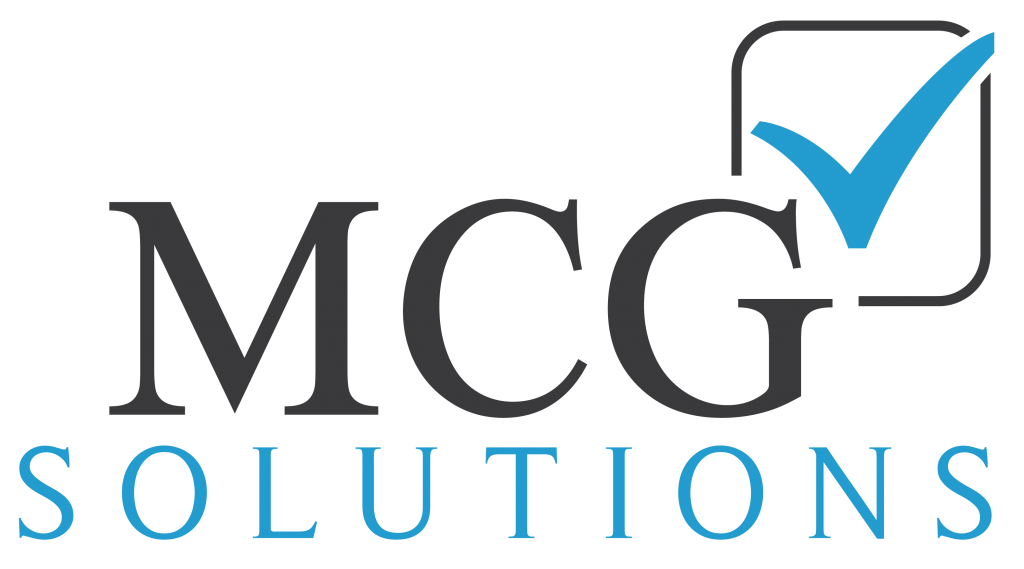Selecting the right e-commerce platform is a crucial decision for small business owners. Whether you’re just starting your online venture or looking to enhance your existing digital presence, your choice of e-commerce platform can significantly impact your business’s operations.
Here’s how to choose the right platform for your business.
Define your business needs
First, take a moment to identify your business requirements. Consider factors such as the type and scale of products you offer, your target audience, and any specific features crucial to your operations. This will help you narrow down the options and focus on platforms that align with your business goals.
Consider user-friendliness
Managing an online store should be intuitive and hassle-free. Look for e-commerce platforms with user-friendly interfaces that allow you to easily upload products, manage inventory, and process orders without a steep learning curve. A platform that offers a smooth onboarding process can save you time and reduce the likelihood of errors.
Determine scalability
Choose a platform that can scale alongside your business, accommodating an increasing number of products, customers, and transactions. Scalability ensures that your online store can adapt to the changing demands of your business without requiring a complete overhaul.
Look for bookkeeping features
Efficient bookkeeping is crucial for the financial health of your small business. Look for e-commerce platforms that seamlessly integrate with popular bookkeeping software like QuickBooks. This integration streamlines your financial processes, helping you keep accurate records, manage expenses, and prepare for tax season more effectively.
Evaluate security features
Ensure that the e-commerce platform you choose employs robust security measures, including SSL encryption for secure transactions and regular updates to protect against potential vulnerabilities. A secure platform not only safeguards your business but also builds trust with your customers.
Consider the pricing models
Evaluate the pricing models of different e-commerce platforms and choose one that works with your budget. Consider not only the upfront costs but also any ongoing fees, transaction charges, and scalability-related expenses.
For example, subscription-based pricing offers predictable monthly or annual fees, providing tiered plans to accommodate different business sizes. Transaction fees, tied to each sale, can be appealing for startups but require scrutiny as business scales. Tiered pricing structures allow businesses to start with basic plans and upgrade as needed, offering flexibility for growth. Pay-as-you-go models are based on resource usage, ideal for businesses with fluctuating sales.
Finally, custom pricing involves tailored solutions, suitable for businesses with unique requirements.
Check out the customer support
Reliable customer support can make a significant difference. Look for platforms that provide responsive customer service, whether through live chat, email, or phone support. A platform with a strong support system ensures that you can quickly resolve any issues and keep your online store running smoothly.
Determine mobile-friendliness
With the increasing use of smartphones for online shopping, make sure that your e-commerce platform is mobile-responsive. A mobile-friendly website not only enhances the user experience but also contributes to your search engine rankings. This is essential for reaching a broader audience and maximizing your online presence.
By carefully considering your business needs and e-commerce platform features, you can make an informed choice—and it will make bookkeeping and tax time a breeze.
Reach out to MCG Solutions today to learn more about our small business bookkeeping and tax solutions.

